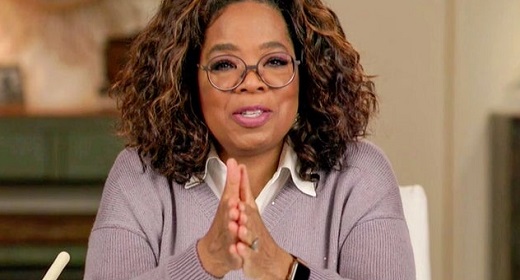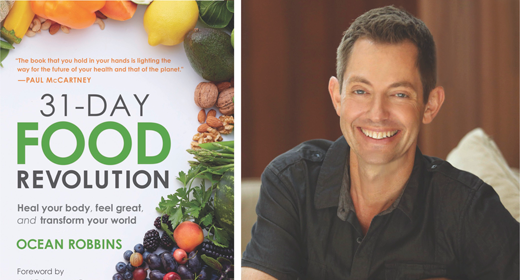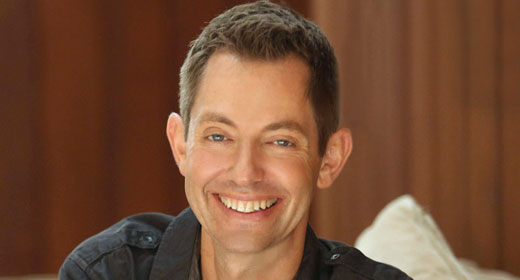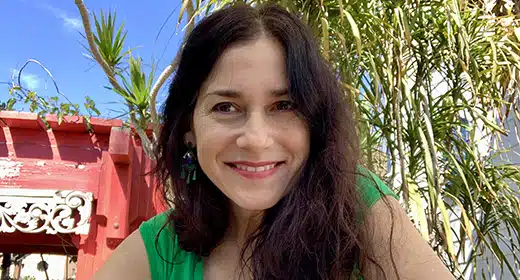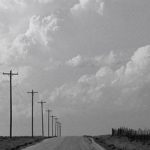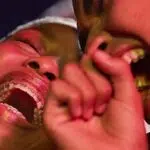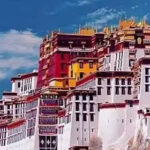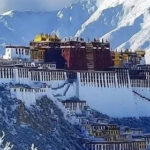Even during the darkest days of apartheid during the 1970s and 1980s, Desmond Tutu remained certain that God’s commitments to the liberation of people and to peace would ultimately prevail. 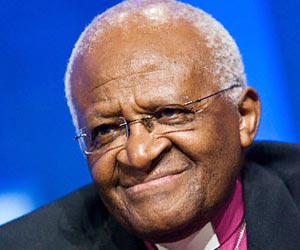 Despite Tutu’s assurances, there were nevertheless many times when we in South Africa suspected that “God had lost his divine plan!”
Despite Tutu’s assurances, there were nevertheless many times when we in South Africa suspected that “God had lost his divine plan!”
Tutu’s faith remains manifest today. At the age of 81, he continues to speak out fearlessly on issues such as Palestine and gay rights, and to criticise corruption in South Africa’s post-apartheid government as a betrayal of the struggle for freedom. And he does not shy away from controversy, declaring that George Bush, the former US president, and Tony Blair, the former British prime minister, should face trial for war crimes.
He is patron of about 200 organisations, including the African Leadership Institute (AfLI) and its Archbishop Tutu Leadership Programme, an initiative that aspires to nurture the next generation of Africa’s leaders and which is the topic of Al Jazeera’s Tutu’s Children series.
The foundations that carry his name are dedicated to the eradication of tuberculosis and HIV/AIDS.
As well as receiving the Nobel Peace Prize in 1984, he is the recipient of more than 200 honorary doctorates and is feted around the world. He also chairs the Elders, a group of ‘retired’ global leaders (including Jimmy Carter, Kofi Annan, Mary Robinson, and others) who apply their collective influence and experience in support of peace-building and the shared interests of humanity.
Tipping point in the triumph over apartheid
The first time I met Tutu was in October 1985 at the United Nations in New York when church leaders launched the international banking sanctions campaign against the apartheid system. South Africa had six weeks earlier defaulted on its foreign loans, and then seemed destined for a racial blood bath. The campaign was a last non-violent initiative to head off a civil war, and thankfully proved to be the tipping point in the triumph over apartheid.
I had drafted an appeal to international bankers calling for political conditionality in the debt rescheduling, including resignation of the apartheid regime and replacement by a government responsive to the needs of all of South Africa’s people. We had five objectives:
• The end of the state of emergency
• Release of political prisoners
• Unbanning of political organisations
• Repeal of apartheid legislation
• Constitutional negotiations towards a non-racial and democratic South Africa
A few months later, early in 1986, the then archbishop of Cape Town and leader of the Anglican (Episcopalian) Church in southern Africa, Philip Russell, announced his retirement. Tutu was nominated and overwhelming elected to the position.
The apartheid government was furious. So was my employer Nedbank that I was publicly associated with a man deemed to be ‘public enemy number one’. I refused an offer of transfer to the head office in Johannesburg and resigned.
Banking sanctions worked because American churches, with Tutu’s encouragement, told the seven major New York banks to make a choice between the churches’ pension fund business and the banking business of apartheid South Africa. His friend Mayor David Dinkins told the banks to decide between apartheid South Africa, or the New York City payroll accounts.
Because of the role of the US dollar as settlement currency in foreign exchange markets, access to the New York payments system was crucial. Even third-country trade between South Africa and Japan and/or Germany is ‘settled’ in US dollars, and would have been impossible without correspondent bank relationships with those New York banks.
‘We marched in Cape Town, and the Berlin Wall fell down’
The Cape Town ‘March For Peace’ led by Tutu on September 13, 1989, to protest against police brutalities was initially totally illegal in terms of the state of emergency regulations. Under pressure from the international community, the apartheid government reluctantly permitted what it termed a ‘legal procession’ from St George’s Cathedral to the Cape Town City Hall. The government certainly never anticipated the consequences.
An estimated 35,000 Capetonians of all communities marched in commitment to a non-racial and democratic South Africa. Tens of thousands followed in other cities, and then around the world. Tutu declared: “We marched in Cape Town, and the Berlin Wall fell down two months later.” The historic and momentous events of 1989 simply confirmed for him that God always favours the poor and the oppressed.
Nelson Mandela was released from prison five months later on February 11, 1990. Sentenced to life imprisonment back in 1964, he had spent 27 years in jail – of which 18 were on Robben Island, a few kilometres offshore from Cape Town. Mandela spent his first night of freedom at Tutu’s official residence, Bishopscourt. Set in the lea of Table Mountain with magnificent views, it is a gracious old colonial farmhouse that dates back to Governor Jan van Riebeeck and the Dutch settlers of 1652.
As Tutu’s personal assistant from 1986 until 2008, my wife Lavinia had the honour of welcoming Mandela to Bishopscourt. It had been one thing to smuggle Mandela onto the property, but the pressing issue the next day was how to get Mandela out again to fly to Johannesburg. The whole of the world’s media now seemed to be camped outside the gate, and was clamouring for pictures and interviews.
The decision was made to call the police for assistance, albeit with much hesitancy given fears of assassination. Then, a young 18-year-old Afrikaner policeman shyly asked Lavinia whether he might ask Mr Mandela for his autograph. “Go ahead, ask him,” she replied. The tensions immediately fell away. “And how are you?” asked Mandela as he shook the young man’s hand. Mandela got into a car and, accompanied by 12 police motorcyclist outriders, was whisked off in style to the airport.
A future built on forgiveness
Negotiations towards a constitutional democracy were completed in 1994 when, in tumultuous celebration, Mandela became president of an excited and hopeful country. South Africa had confounded world expectations of a catastrophe, and much was then said about a political miracle.
Tutu declared that people who do not believe in miracles are not realists. South Africa’s constitutional democracy was internationally hailed as the world’s most progressive because the Bill of Rights includes not only traditional rights such as freedom of speech, but also socio-economic rights including housing, education and healthcare.
Then, just as he was about to retire as archbishop of Cape Town, Mandela in 1995 asked Tutu to chair the Truth and Reconciliation Commission (TRC) to investigate gross human rights violations committed during the apartheid era. In turn, Tutu asked Lavinia to accompany him. The TRC was a pioneering international event, revealing how countries could progress from despotism to democracy by exposing the atrocities of the past whilst also seeking reconciliation on which to build a common future.
In his book chronicling the TRC entitled No Future Without Forgiveness, Tutu describes the concept of Ubuntu which underpins his theology: It is not [the Western concept of] “I think therefore I am”. It says rather: “I am a human because I belong. I participate, I share.” We say “a person is a person through other persons”.
A person with ubuntu is open and available to others, affirming of others, does not feel threatened that others are able and good, for he or she has a proper self-assurance that comes from knowing that he or she belongs in a greater whole and is diminished when others are humiliated or diminished, when others are tortured or oppressed, or treated as if they are less than who they are.
A lesson from Jeremiah
Given our own experiences in the struggle against apartheid in South Africa, Tutu is appalled by the parallels in Palestine. Three decades ago, apartheid in South Africa was the moral issue of the time. Today the issue is Israeli apartheid, and Palestinians model the Boycott, Divestment and Sanctions (BDS) campaign on South Africa’s anti-apartheid movement of which Tutu was such a key player.
The Zionist lobby is infuriated by his outspoken comments. His favourite biblical prophet is Jeremiah, from who he learned that one of the lessons of Jewish history is those who dehumanise others dehumanise themselves.
Ironically, Israel is today even more vulnerable to banking sanctions than was apartheid South Africa during the 1980s. Banking technology has advanced dramatically during the intervening years. A simple computer programme suspending transactions to and from Israeli banks could collapse the Israeli economy within weeks.
When Tutu addressed the Russell Tribunal on Palestine conference in New York in October 2012, he declared: “In 1994 we discovered it wasn’t just blacks who experienced liberation. All of us became free. The yoke of guilt dropped from the shoulders of whites as the yoke of oppression dropped from the shoulders of black South Africans. We discovered that freedom is not at the expense of the other. Freedom is a joint experience and opens endless possibilities together. I pray that your deliberations will help to pave the way towards a new Israel and a new Palestine where all are free. God bless you.”
Tutu: The pastor and the mentor
Tutu insists that every person is created in the image of God, and that good always triumphs over evil. These are the characteristics that make Tutu the pastor and mentor. It is this role that he cherishes over the hurly-burly of world politics. Perhaps surprisingly, given his public image, Tutu is an intensely reserved person. His private time is spent either in quiet spiritual meditation, or else in watching cricket or rugby on television. He is a sports fanatic.
Yet he is happiest when encouraging youngsters to read books, or teaching university students. He has this week on January 9, embarked upon a four-month round-the-world voyage with the University of Virginia’s Semester At Sea programme. Whilst at sea, he will impart his values and challenges for a better and interdependent world to about 600 students aboard the M/V Explorer.
His wife Leah, with whom he has had four children (now adults), says Tutu is man who loves flowers but hates gardening. He concedes that Leah is his strength, and that she is more politically radical than he. Her car for some years carried a bumper sticker that provocatively declared: “A woman who wants to be equal to a man has no ambition!”
On the one hand, Tutu is a ‘rabble-rouser for peace’ (to use the title of John Allen’s biography), and is lovingly nicknamed ‘the Arch’. On the other, Tutu is also a prince of the Anglican Church who insists on proper procedures, protocols and punctuality. Beware the person who irreverently crosses the line of disrespectful familiarity. In the manner of a school headmaster, the rebuke can be withering. Priests improperly dressed have been told to go home.
Littering is one of Tutu’s pet hates, which he regards as an offence against the beauty of God’s creation.
He makes no secret of his disdain for President Jacob Zuma or his government, and the culture of greed that the African National Congress (ANC) unleashed as soon as it replaced the apartheid regime. Tutu considers corruption as nothing less than theft from the poor. A clash between church and state may be looming in South Africa over what he, as early as 1994, described as “the gravy train”.
In December 2012, the ANC elected Cyril Ramaphosa as its deputy president. Tutu and South Africa anxiously wait to see whether Ramaphosa can turn around the century-old liberation movement that has otherwise lost its way.
Terry Crawford-Browne is a former international banker who quit his career to become a peace activist. He is known in South Africa as the whistleblower in the arms deal scandal, having successfully taken President Jacob Zuma to the Constitutional Court to force the president’s reluctant appointment of the Seriti Judicial Commission of Inquiry into the arms deal. He is also the author of Eye On The Money published in 2007, and Eye On The Diamonds published in 2012.


